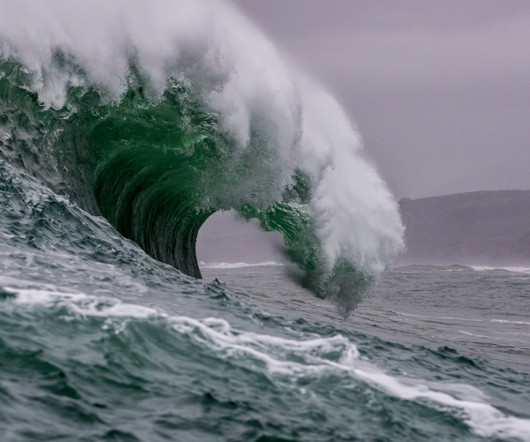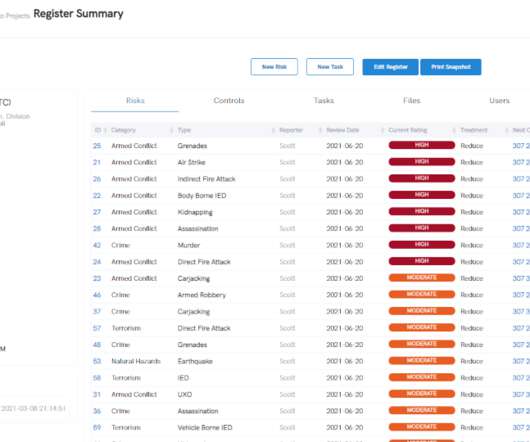Book Review: The Invention of Disaster
Recovery Diva
MAY 7, 2022
Book Review: The Invention of Disaster: Power of Knowledge in Discourses of Hazard and Vulnerability. Author : JC Gaillard, Professor of Geography, University of Auckland, New Zealand. The book is part of Routledge Studies in Hazards, Disaster Risk and Climate Change. Series Editor: Ilan Kelman. For more information: [link].















Let's personalize your content